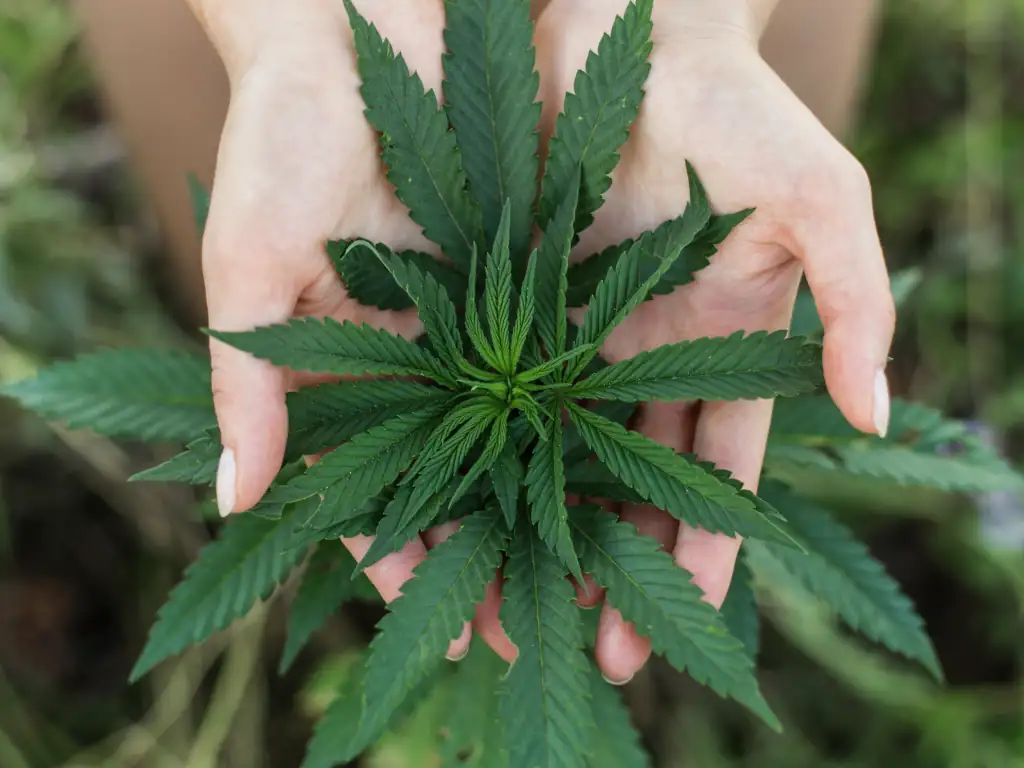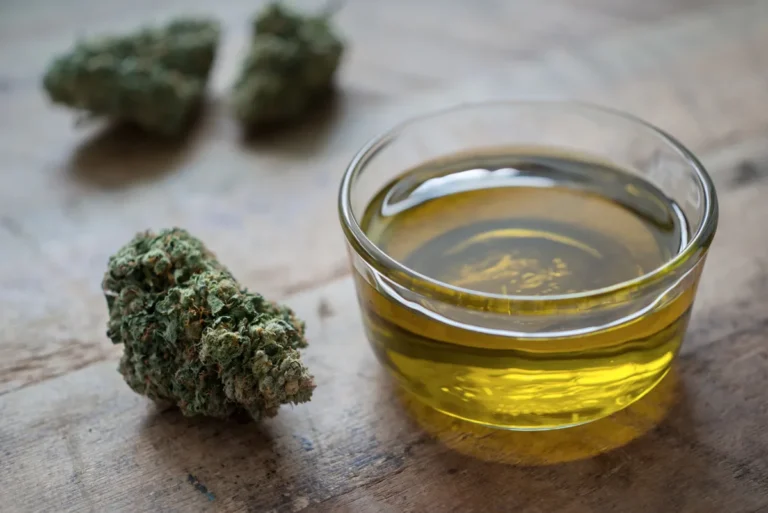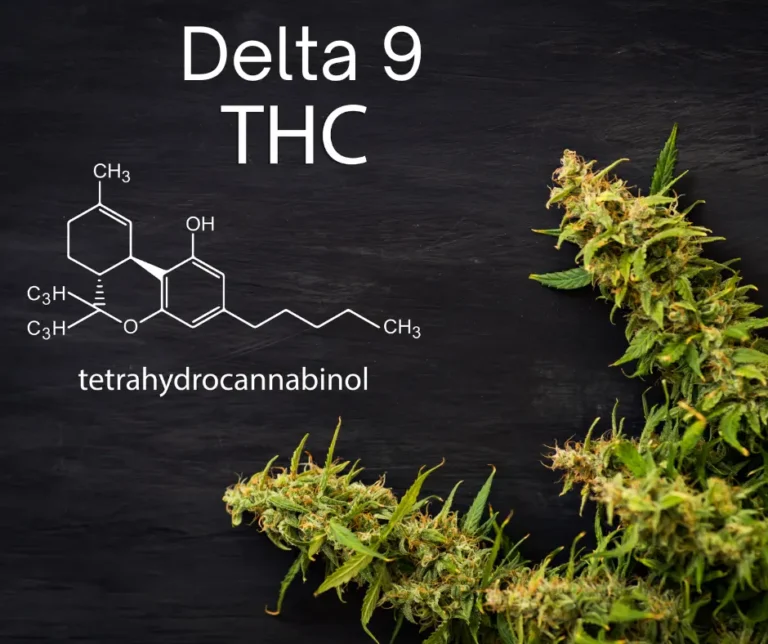Is Delta 9 Legal In Indiana
The question, “Is Delta 9 legal in Indiana?” is a frequent query among cannabis enthusiasts and potential users in the Hoosier State. Delta 9-tetrahydrocannabinol (Delta 9 THC), the main psychoactive compound in cannabis, has a complex legal status across the United States, and Indiana is no exception. To grasp the legality of Delta 9 in Indiana, it’s important to examine the broader cannabis regulations in the state.
Indiana is known for its conservative approach to cannabis. Unlike some states that have legalized marijuana for medical or recreational use, Indiana maintains stringent restrictions on cannabis products. Under Indiana law, marijuana is classified as a Schedule I controlled substance, indicating a high potential for abuse and no accepted medical use. This classification encompasses Delta 9 THC derived from marijuana, rendering it illegal to possess, use, or distribute in the state.
The legal landscape is further complicated by the 2018 Farm Bill, a federal law that legalized the cultivation and sale of hemp and hemp-derived products. Hemp is defined as cannabis containing less than 0.3% Delta 9 THC by dry weight. This means that Delta 9 THC derived from hemp is legal at the federal level, provided it adheres to this concentration limit.
Is Delta 9 legal in Indiana if it’s derived from hemp? The answer is yes, but with specific conditions. Indiana adheres to federal regulations regarding hemp and hemp-derived products. Delta 9 THC is permitted as long as it remains below the 0.3% limit. This means that hemp-derived Delta 9 products, including CBD oils, tinctures, and edibles with trace amounts of Delta 9 THC, are legal to possess and sell in the state.
However, this legality does not cover products with Delta 9 THC levels exceeding 0.3%. Marijuana-derived Delta 9 THC, which typically has higher concentrations, remains illegal under Indiana law. Possessing marijuana or marijuana-derived Delta 9 THC can lead to serious legal consequences, including fines and imprisonment. Indiana’s strict regulations on marijuana align with its broader approach to drug enforcement and public health policy.

The legal landscape for Delta 9 THC in Indiana can be quite confusing, leaving many consumers uncertain about which products are allowed and where they can be purchased. To navigate these complexities, it’s important to understand both the sources of Delta 9 THC and the specific regulations that govern them.
For instance, products labeled as “hemp-derived” must explicitly state their Delta 9 THC content and comply with the 0.3% threshold set by law. Consumers should look for third-party lab testing and certification to verify that the products meet legal requirements. Reputable retailers will provide this crucial information, helping consumers make informed decisions.
It’s worth noting that Indiana has yet to legalize medical marijuana. Unlike some states that have established medical cannabis programs allowing patients with qualifying conditions to use marijuana for therapeutic purposes, Indiana still prohibits such use. Efforts to pass medical marijuana legislation have encountered considerable resistance, leaving its future in the state uncertain.
The question “Is Delta 9 legal in Indiana?” underscores the complex and evolving nature of cannabis law in the state. While hemp-derived Delta 9 THC products that adhere to federal guidelines are legal, marijuana-derived Delta 9 THC remains banned. Understanding the differences between hemp and marijuana, and the regulations that apply to each, is essential for consumers navigating Indiana’s cannabis laws. Staying updated on the latest legal developments will be crucial for those interested in Delta 9 THC and its potential benefits.





